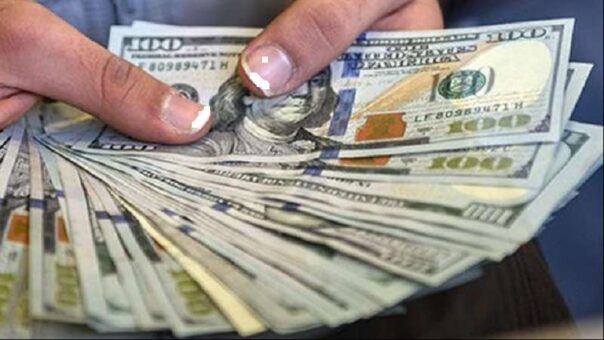Karachi, February 12, 2024 – The US Dollar strengthened against the Pakistani Rupee (PKR) by 0.05 in Monday’s trading, reflecting the increasing political turmoil in Pakistan following the post-general elections.
The exchange rate in the interbank foreign exchange market concluded at PKR 279.33 to the dollar, slightly up from last Friday’s closing rate of PKR 279.28.
Experts in the currency market attribute this rise to mounting political uncertainty, which has noticeably shaken the confidence of market participants. Importers and corporate buyers have responded to the situation by actively purchasing foreign currency, contributing to the increased demand for the US Dollar.
Analysts suggest that an early resolution of the government formation, a result of the February 8 General Elections, would likely restore market confidence. However, the current situation is exacerbated by a fall in foreign exchange reserves and reports of delays in discussions with the International Monetary Fund (IMF).
The State Bank of Pakistan (SBP) reported a substantial decline of $165 million in the country’s foreign exchange reserves for the week ending February 2, 2024. The total reserves now stand at $13.098 billion, down from $13.263 billion just a week ago, signaling a concerning trend for the nation’s economic stability.
Following the General Elections on February 8, 2024, analysts from Arif Habib Limited highlighted the significant challenges facing the new government. These challenges include negotiating a new loan program with the IMF and formulating the budget for the fiscal year 2024-25.
The election results revealed a complex political landscape, with 96 seats secured by independent candidates affiliated with the Pakistan Tehreek-e-Insaf (PTI), 75 seats for the Pakistan Muslim League-Nawaz (PML-N), and 54 seats for the Pakistan Peoples Party Parliamentarians (PPPP). This distribution suggests the possibility of another hung parliament, leading to intense efforts by prime ministerial aspirants to secure support from independent candidates and other political parties.
Analysts caution that the fluid and uncertain political situation may lead to protests and further violence if election results are not universally accepted. Such unrest could dent investor and creditor confidence, placing additional pressure on the rupee and Pakistan’s external account.
The decisions made by the incoming government will play a crucial role in steering economic recovery, emphasizing the need for sound economic policies and reforms. However, challenges loom large, including the Lahore High Court’s approval for hearing on the results of approximately 26 challenged seats in national and provincial assemblies, a development holding significant importance in the formation of federal and provincial governments.
